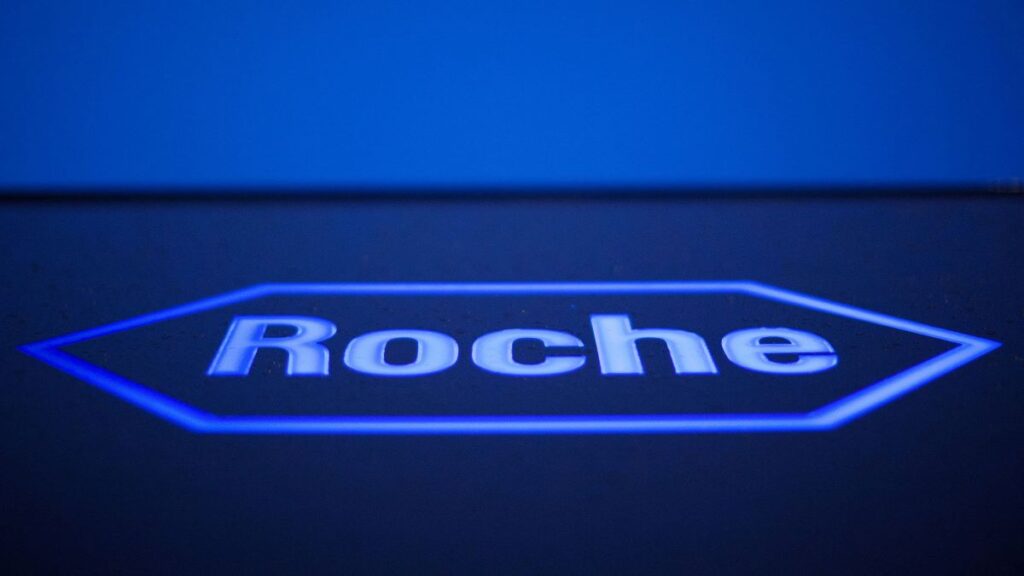
Roche remains sceptical about investing more in antibody-drug conjugates (ADCs), which have been described as “guided-missile” cancer drugs, even as they attract heightened attention in the pharmaceutical industry.
“There are quite a few companies that invest in this area. As for us, we still have rather limited interest,” Chief Executive Severin Schwan told journalists at a briefing on Friday.
The Swiss group’s CEO declined to comment when asked about any takeover interest in ADC specialist Seagen Inc which, according to a Wall Street Journal report last week, has attracted Merck & Co and other rival drugmakers as potential suitors.
Roche was an early ADC pioneer with the approved drugs Kadcyla and Polivy but failed to make further headway.
Elsewhere, however, a drug trial success this year underscored the prospects of AstraZeneca and Daiichi Sankyo’s ADC Enhertu against breast cancer as a potential multi-billion seller.
ADCs combine a tumour-seeking monoclonal antibody with a cell-killing chemotherapy payload, designed for a targeted destructive effect that, unlike conventional chemotherapy, spares healthy cells.
But Schwan said enthusiasm was still misguided. He cited Roche’s broad ADC trial programme, driven several years ago by the initial promise of Kadcyla and Polivy, which fell far short of expectations.
Failure has also recently struck another new oncology approach. Roche’s development efforts were dealt a blow in May, when trial data showed its cancer drug tiragolumab failed to meaningfully slow disease progression in patients with the most common form of lung cancer.
Chairman Christoph Franz at the time said Roche had enough in its development pipeline to make up for the setback, which weighed on the stock, such as blood cancer drug glofitamab or new precision diagnostics.
On Friday, CEO Schwan warned that too much hope should not be placed on another Roche drug development venture against Alzheimer’s disease.
Late stage trial results for the drug gantenerumab, which Roche hopes can slow the cognitive decline caused by the neurological disease, are expected in the fourth quarter of this year.
“It’s a highly risky project. We always knew that,” the CEO said.
“It’s not going to be a cure. At best, it will slow disease progression,” he added.
MANNHEIM (Reuters)